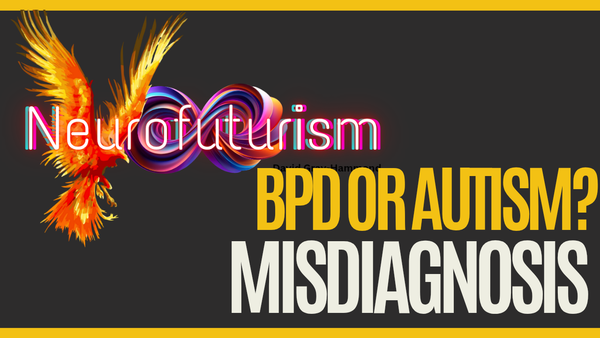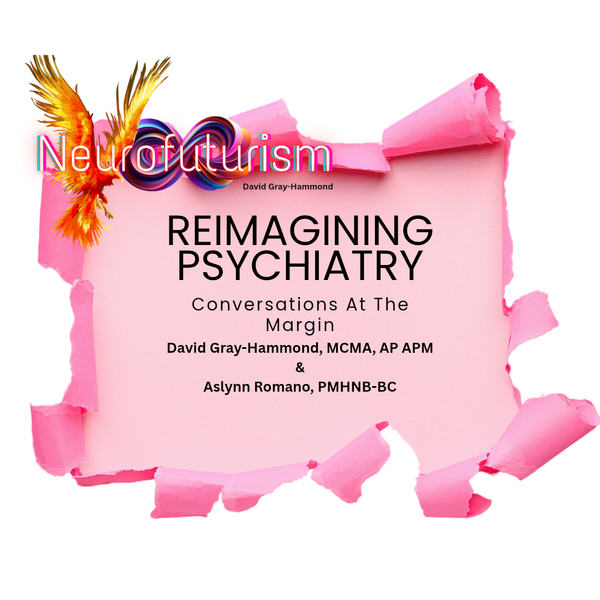How the privatisation of CAMHS harms Autistic children

Child and Adolecent Mental Health Services (CAMHS) are commissioned with the aim of supporting the mental health of children and young people and reducing the risk of harm from crises. In terms of NHS services, one might consider this a high priority service that should be provided with extensive funding and resources.
In its current form, CAMHS is on its knees. More than a decade of budget cuts and under-resourcing has created a situation in which services fail to meet needs on a regular basis. This has especially been felt in community services, with The Guardian in 2023 citing a failure to support 250,000 young people who had been referred.
Of course, when public services are reduced, minority groups usually serve as the canaries in the coal mine. In this case, Autistic children and their families are finding services impossible to access. More than 70% of surveyed Autistic people and their families did not agree that CAMHS was easy to access with more than half finding that CAMHS did not understand Autistic experiences (according to the CAMHS qualitative report, 2024). This highlights an issue of accessibility and subpar training.
Why is CAMHS being privatised?
Health and social care in the UK has experienced significant reallocation of funding priorities while the real-terms value of that funding has decreased. In simple terms, the money available to the NHS has decreased over the past decade or so. In recent years, with things like the COVID-19 pandemic, health and social care services are seeing a dramatically increased demand. This is particularly felt in CAMHS with referrals and emergency presentations rising substantially since 2020.
Increased demand on a service with less resources means increased waiting times, lower quality care, and less focus on staff upskilling to meet the needs of the most vulnerable on their case loads. Simply put, staff don't have time to see service users, let alone learn how to properly support Autistic children. Not to mention that existing training around autism can only be meaningful if staff are given time and space to cross the context from the learning space into practice.
The seemingly logical answer to increased demand on public services is to outsource to private companies. Privatised services should, in theory, have deeper pockets, allowing them to meet demand more effectively and to serve the needs of those who need support. Unfortunately, privatisation more often than not results in inconsistent quality of services and what some would term a "postcode lottery".
What does the privatisation of CAMHS mean for Autistic people?
Allowing private entities to bid for service contracts comes with a number of ethical issues. First and foremost is the commodification of children and young people's suffering. Private service providers are profit driven, with contracts dependent on evidencing good outcomes. For Autistic people who may not represent easy wins, this is a dangerous terrain.
It is easier for a privatised service to refuse to accept a referral than to add it to statistics on negative outcomes. Training staff to effectively support Autistic people impacts profit margins, but without that competency Autistic service users are likely to lower their efficiency statistics. In this case, Autistic people represent a risk to benefit ratio that business managers simply won't accept.
For a privatised CAMHS, Autistic people cost money, and private companies want as much profit as possible. The privatisation of CAMHS has placed a financial value on our children, and Autistic people all-too-often do not make the cut.
How has privatisation impacted care for Autistic children and young people?
Finding solid statistics on the impact of privatised healthcare is particularly troublesome. One might assume that it serves the wider interests of UK power systems to obfuscate the truth. Despite this, The King's Fund, The Nuffield Trust, and The British Medical Journal have all at various points highlighted that privatised services are offering lower quality care, with reduced access to specialist services.
This is especially problematic for Autistic children and young people who historically have faced systemic violence and inappropriate care. For them, general reductions in overall quality can represent an exponential increase in suffering. Our children are being pushed into crisis situations that are tearing apart entire family units.
Another issue that has been highlighted is a lack of continuity of care in privatised services. For Autistic children, who need consistency and predictability, this represents a critical failure by CAMHS to make services safe and effective. Services then shift the onus of responsibility with the well known statement of "refuses to engage".
Looking to the future of CAMHS
In order to remedy the crisis within services, we need more than the renationalisation of CAMHS. There needs to be a fundamental shift away from the corporate model of the NHS back to public service. The mental health of our children should not be seen as an opportunity to make money, rather a service for the greater good of humanity.
We also need staff to move away from medical models and towards a collaborative problem solving approach. Consider that mental health support is not as simple as therapy and medication. It also requires practical support to solve issues in the lives of our Autistic children. We need services to help them break down barriers and navigate a world that is actively hostile towards them.
Privatisation is an unwelcome monetisation of human suffering, and no reasonable person should see it as a good thing.


